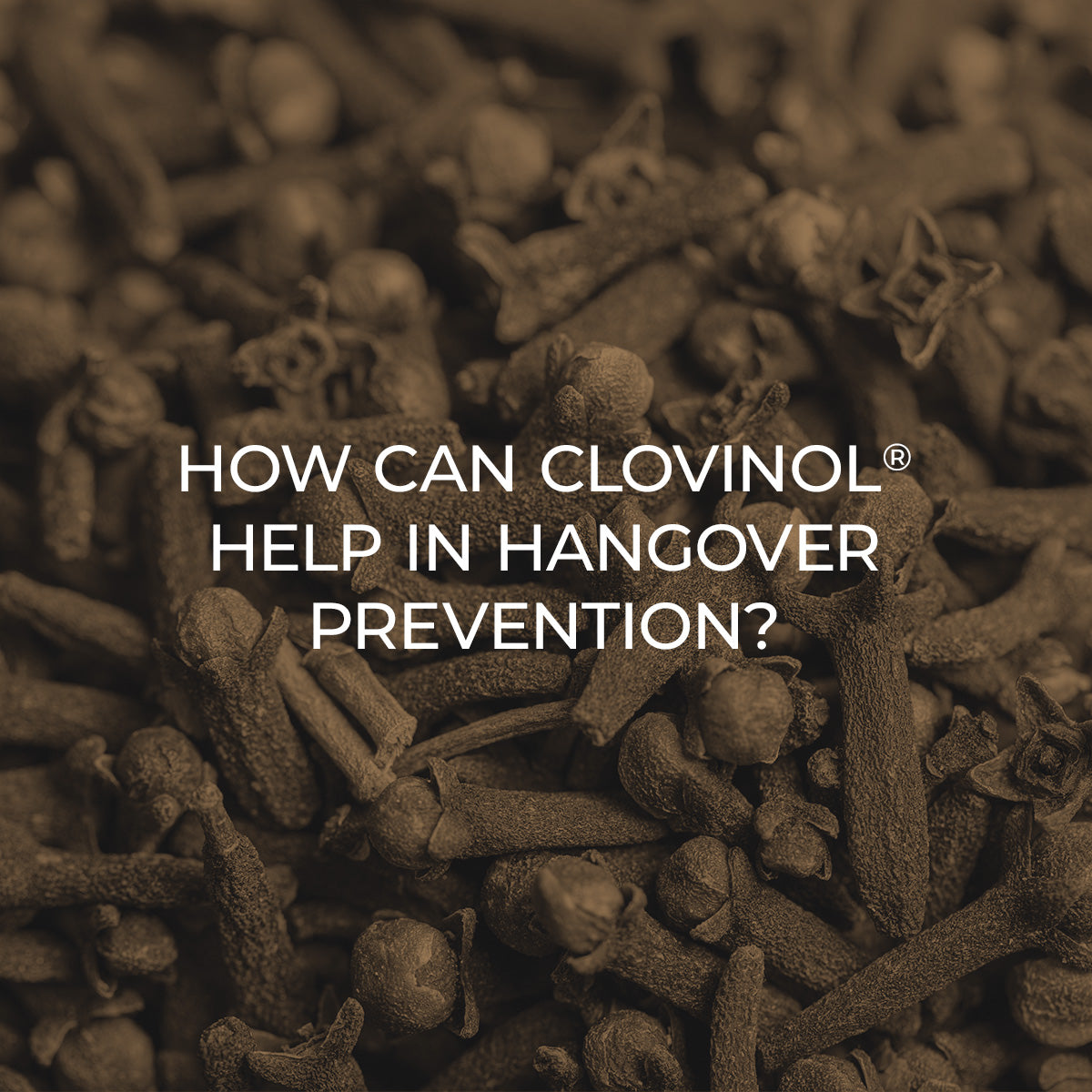
NAC and the Importance of Antioxidants with Alcohol Consumption
What is NAC?
N-Acetyl Cysteine
NAC stands for “N-acetyl cysteine,” and is also known as “Acetyl-L-Cysteine” or “acetylcysteine,” among many other variations.
Amino Acid
NAC is a form of the amino acid cysteine that is consumed as a supplement. Cysteine is found in the majority of common high-protein foods, including:
- Lamb
- Chicken
- Pork
- Beef
- Fish
- Grains
- Soybeans
- Dairy products
- Almonds
- Beans
- And more
Precursor to Glutathione
NAC and glutathione levels are linked, as NAC helps to raise the levels of glutathione in the body. This is because your body requires a combination of three amino acids—NAC, glutamine, and glycine—to produce glutathione.
Powerful Antioxidant
What is glutathione? It’s a highly potent antioxidant, which means that it can neutralize free radicals that cause significant cell and tissue damage via oxidative stress.
Additional benefits of glutathione include supporting immune system function and reducing liver cell damage for those with nonalcoholic fatty liver disease. Although glutathione may have many more benefits, additional high-quality studies are needed to confirm its positive effects.
What Causes a Hangover?
Although we plan to discuss the role of NAC in mitigating the effects of alcohol consumption, we’ll first need to identify the root cause of hangovers to understand how NAC supplementation can help.
Acetaldehyde Production
When you consume alcoholic drinks, your liver enzymes break the alcohol down into a substance called acetaldehyde.
What is acetaldehyde? It’s a toxic chemical and probable human carcinogen (meaning that exposure to it can increase your risk of getting cancer).
Acetaldehyde is known to contribute to the symptoms of hangovers, along with dehydration, hypoglycemia (otherwise known as low blood sugar), and methanol (another highly toxic byproduct of alcohol metabolism).
Dehydration
Alcohol is a diuretic, which means it makes you pee more than normal. That’s why consuming alcohol often leads to dehydration. Although dehydration often contributes to hangovers, it isn’t the sole cause of those seriously unpleasant symptoms.
How Does NAC Help With a Hangover?
Although more studies are needed to confirm that taking NAC for hangovers actually works to reduce the symptoms, the initial research on supplementing with NAC for alcohol consumption is promising.
Most notably, this 2021 study on the subject was published in Nature, one of the world’s top scientific journals. The researchers had 49 healthy volunteers take 600 to 1800 mg of NAC before drinking, then asked them to assess the severity of their hangovers in a questionnaire.
Interestingly, while the study’s female participants reported fewer hangover symptoms after taking NAC (specifically less nausea and weakness), NAC produced no significant improvement in hangover symptoms for the male study participants. The researchers noted that these results illustrate “the need for a new study that includes a larger, more diverse study group that utilizes a more natural approach to alcohol ingestion allowing individuals to drink the quantity they desire during a timeline that they choose.”
Assuming that this study is right, and taking NAC can help with hangovers—how would it do so?
Produces Antioxidants to Neutralize Toxins
Cysteine is required for your body to produce glutathione, so supplementing with NAC could provide your body with the building blocks it needs to synthesize more of the potent antioxidant. Glutathione has been shown to play a crucial role in neutralizing the effects of harmful substances like acetaldehyde, one of the toxic compounds formed as your liver breaks down alcohol.
In fact, because NAC is so important for your body’s detoxification processes, it’s not uncommon for doctors to administer intravenous NAC to patients who’ve overdosed on acetaminophen in an effort to minimize resultant liver and kidney damage.
When Should You Take NAC—Morning or Night?
Ask your doctor for guidance regarding what time of day to take NAC. Keep in mind that NAC can interact with medications—including nitroglycerin, blood thinners, and some blood pressure medicines—as well as supplements, which may affect whether you choose to take NAC in the morning or at night.
Does NAC Remove Toxins From the Body?
While NAC supplementation may support your body’s natural detoxification processes by providing an essential building block of glutathione production, NAC itself does not directly remove toxins from the body—this is an oversimplification of the benefits of NAC supplements.
What Are the Side Effects of NAC?
NAC side effects are relatively uncommon, but some people do find that supplementing with NAC causes:
- Diarrhea
- Nausea
- Vomiting
- Dry mouth
- Fatigue
- Skin rash
The higher the NAC dosage, the higher the risk of side effects.
What Are the Benefits of NAC Supplements?
Some of the top benefits of NAC supplements may include:
- Providing the building blocks to produce glutathione, one of the most important and powerful antioxidants
- Assisting in detoxification of heavy metals and acetaminophen overdose to reduce liver/kidney damage
- Helping regulate levels of glutamate, an important neurotransmitter, to potentially reduce symptoms of mental health conditions like OCD, depression, and bipolar disorder
- Minimizing symptoms of respiratory conditions
- Potentially aiding fertility in both men and women
- Potentially reducing insulin resistance that can lead to type 2 diabetes
- Potentially reducing the risk of heart disease by reducing oxidative damage to heart tissue
Confirming additional NAC health benefits will require more large, high-quality studies of its effects in humans.
The Best NAC Supplement: Capsulyte
Created by Dr. Dan Nguyen, MD, MBA, an internal medicine physician and management consultant in the pharmaceutical industry, Capsulyte targets these three root causes of hangovers:
- Acetaldehyde buildup
- GABA rebound (i.e., when GABA levels drop after you stop drinking)
- Nutrient depletion
Capsulyte’s PREGAME supplement is designed to be consumed before and/or while you drink, containing not only NAC but also these additional science-backed ingredients to prepare your body for alcohol consumption:
- Dihydromyricetin (DHM), which helps support the liver as well as the brain’s ability to regulate GABA rebound
- Siliphos® (derived from milk thistle) and Clovinol® (made from clove buds), both of which help the liver eliminate acetaldehyde
Ready to learn more about how Capsulyte can help you enjoy drinking with fewer regrets? Check out our other blog posts on the subject!


